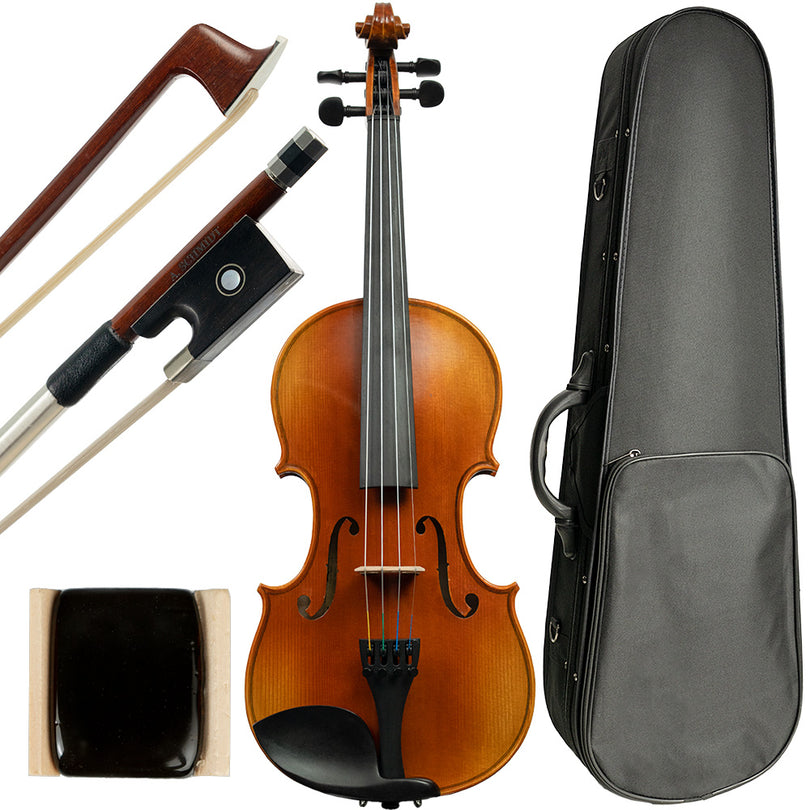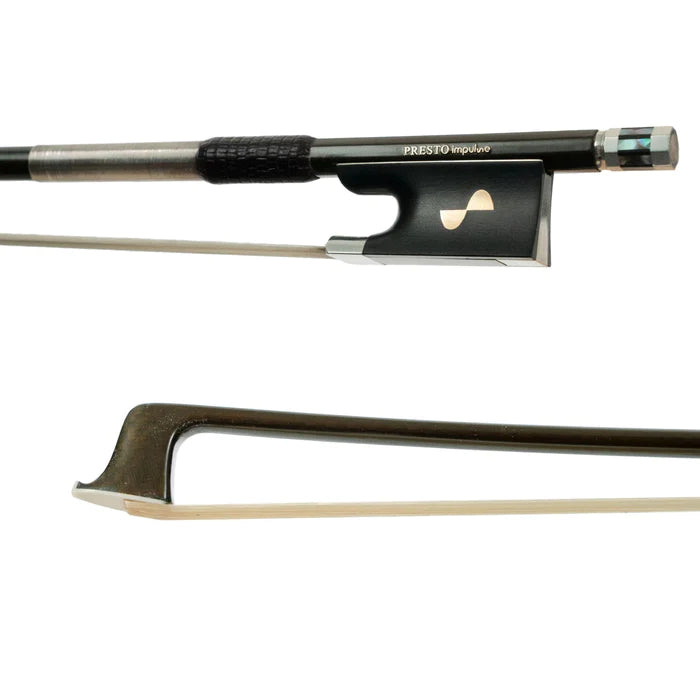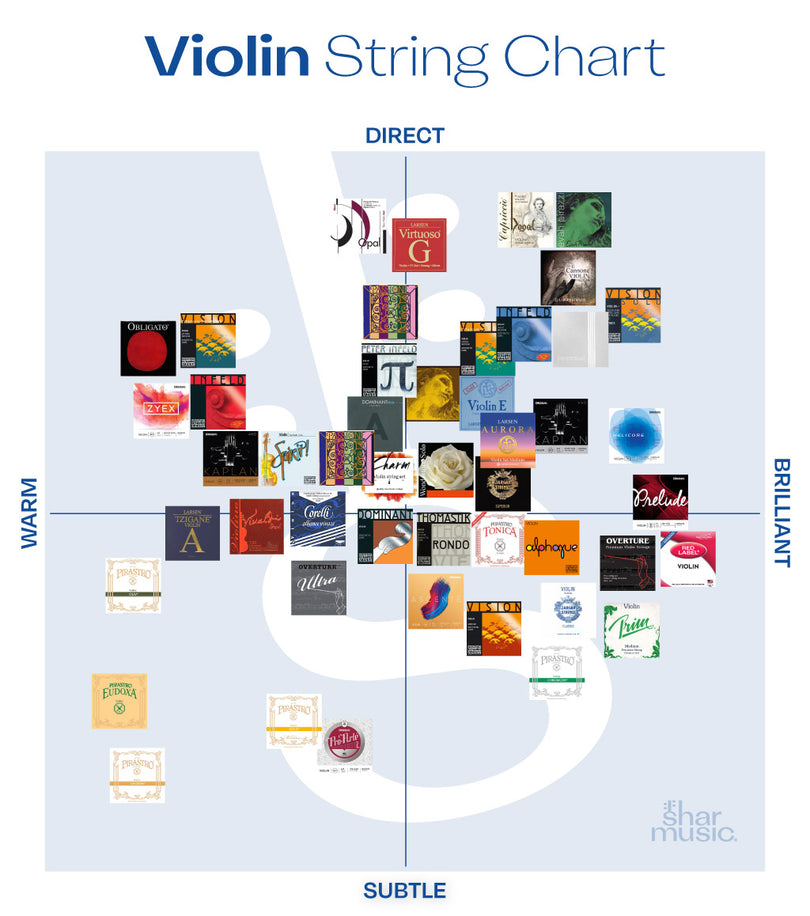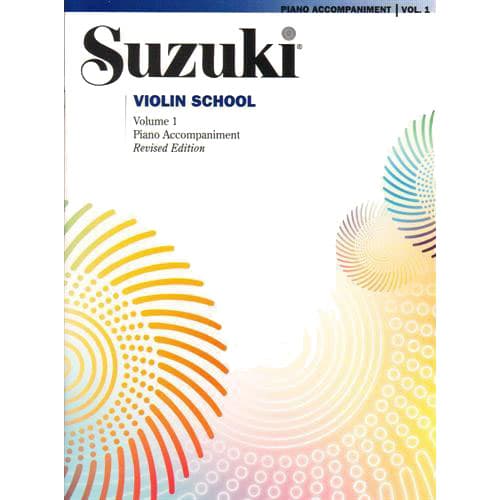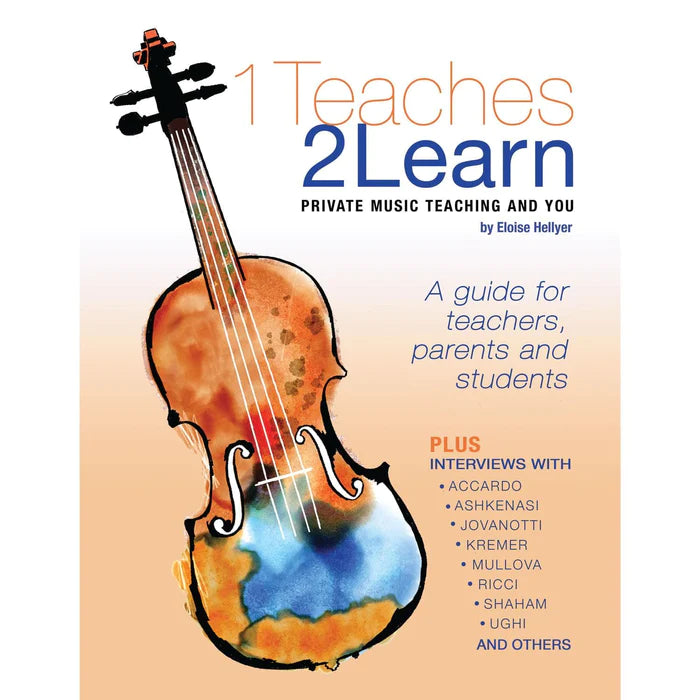As the vibrant colors of spring adorn the world, May emerges as a special month to celebrate Asian Heritage Month. It is a time to honor and appreciate the diverse cultures, traditions, and contributions of individuals with Asian heritage. In the realm of music, the harmonious melodies of string instruments have traversed continents, embodying the essence of Asian heritage. In this blog post, we delve into the captivating world of Asian string players and their invaluable contributions to the realm of music, showcasing the beauty and diversity of Asian musical traditions.
The musical legacy of Asia boasts an array of exceptional string players who have made indelible marks on the global stage. From Yo-Yo Ma, the renowned cellist and cultural ambassador, to Midori Gotō, a world-class violinist, Asian musicians have been pivotal in shaping the classical music landscape. Their virtuosity, precision, and profound interpretations have transcended boundaries, bridging cultures and captivating audiences worldwide.
In celebration of Asian Heritage Month, we have the privilege of speaking with Tina Avsharian, Chief Operating Officer of Shar Music and an accomplished violinist of Chinese descent. With a remarkable career that encompasses both musical excellence and leadership in the industry, Tina's insights offer a unique perspective on the intersection of Asian heritage, string music, and her personal journey.
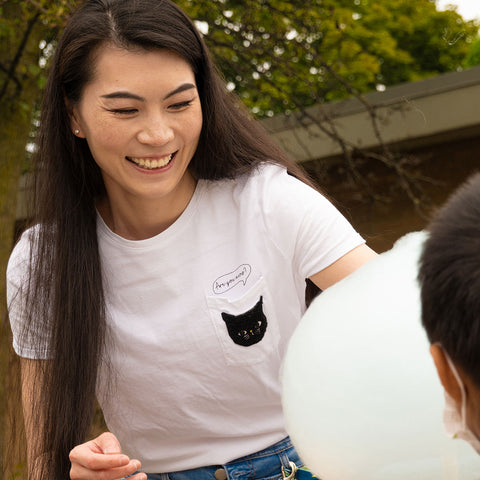
Q. Can you tell us a bit about your background and how your Asian heritage has influenced your musical journey?
Tina Avsharian: I was born in Northern China. Being close to Russia we had very harsh winters, some colder than Michigan! I also come from a very artistic family. My great grandfather created his own type of Chinese Opera, the “Ni” type Opera. When I was 3 years old, my father gave me a violin and the rest was history!
Q. What are some of the challenges you've faced as an Asian musician, and how have you overcome them?
Tina Avsharian: Being a musician is a beautiful thing where you can bring every idea to life through your instrument. By making small adjustments, you can make any change to your playing at a moment's notice. In business, if you have a vision, it can be very difficult to make it happen because so many elements are out of your control. When you mix this with a traditional Chinese upbringing where I am used to having high standards and control, it can be a great challenge. With my upbringing it was challenging to adjust from having strong discipline and feeling like I can perfect my craft to an environment where perfection can be impossible in a business setting. Learning and accepting this has been extremely helpful in all aspects of my life.
Q. How has your cultural background shaped your approach to music-making and performance?
Tina Avsharian: Just like other musicians, I get a range of feelings from intense anxiety to feeling like the best player in the world. I grew up thinking that anything other than perfection was unacceptable. I’ve now learned that if you’re looking for perfection, you’re better off using a machine. Live concerts are about showing life experiences and telling stories which is far more important than unrealistic perfection. I’ve now learned to have a balance between discipline and nontechnical judgement in my playing.
Q. In what ways do you think the music industry can better support and represent Asian musicians and artists?
Tina Avsharian: We’re now seeing a lot more inclusion of all genres and backgrounds in music. The work the Sphinx Organization does here in Michigan is a great example of promoting inclusion and diversity to our world. Along with this we’re seeing collaboration between different genres, bringing classical music to modern. I’m thinking the future of music will involve large crossovers with multiple cultures.
Q. What are some of the most important lessons you've learned over the course of your musical journey so far?
Tina Avsharian: Be tuned in with your mental and physical limitations. I’ve spent entire days practicing and a lot of that time was wasted after building bad habits. Try to relate your normal, daily life experience to your music. Music is not “magic” that flows everywhere. Music is realistic that is related to your daily life. Lastly, try to create music instead of just playing pieces. Exploring your creativity is what music was made for. You don’t have to be a master to do that.
________________________________________________________________
Role models and mentors like Tina inspire musicians from all backgrounds. Through their talent and dedication, they have shattered stereotypes and proven that music is a universal language that transcends borders. Asian Heritage Month serves as a platform to amplify these inspiring stories, encouraging young musicians to explore their own heritage, embrace their unique voices, and contribute to the ever-evolving world of music.
Through profound contributions, diversity in music has not only enriched the world of music but has also fostered cultural exchange, understanding, and appreciation. As we honor the Asian heritage and its immense influence on the realm of string music, let us be inspired by the vibrant tapestry of Asian musical traditions, embrace diversity, and continue to weave together the universal language of music.
So, let the melodies of Asian string players resound in our hearts, reminding us of the beauty and power of unity in diversity. Happy Asian Heritage Month!




